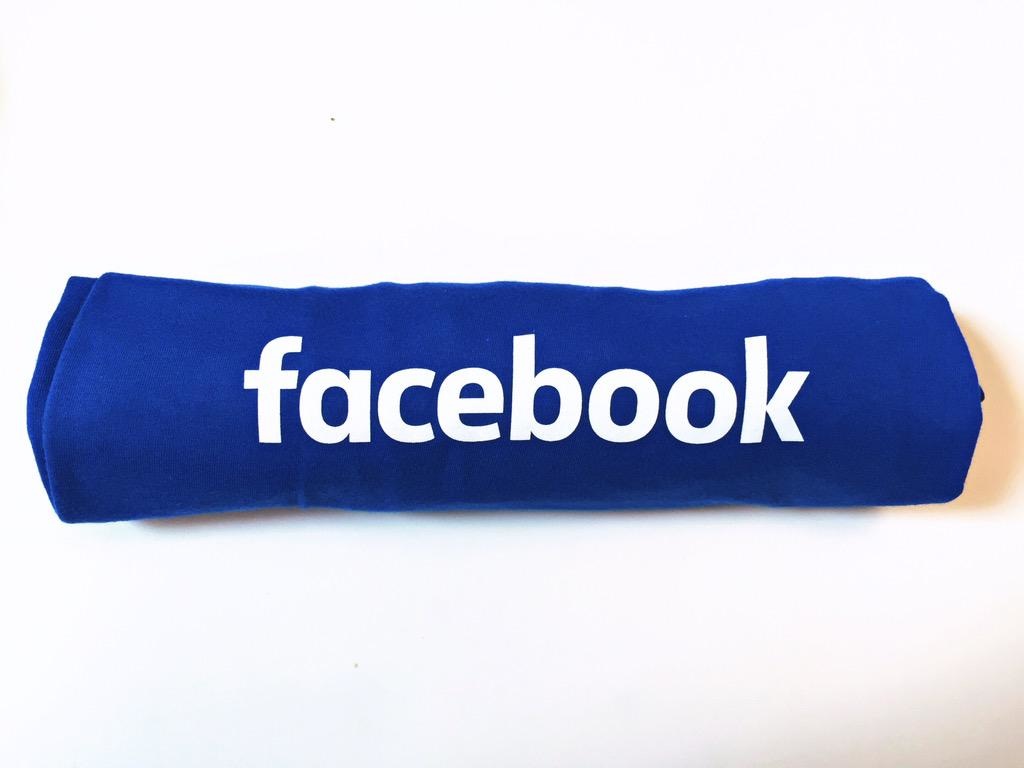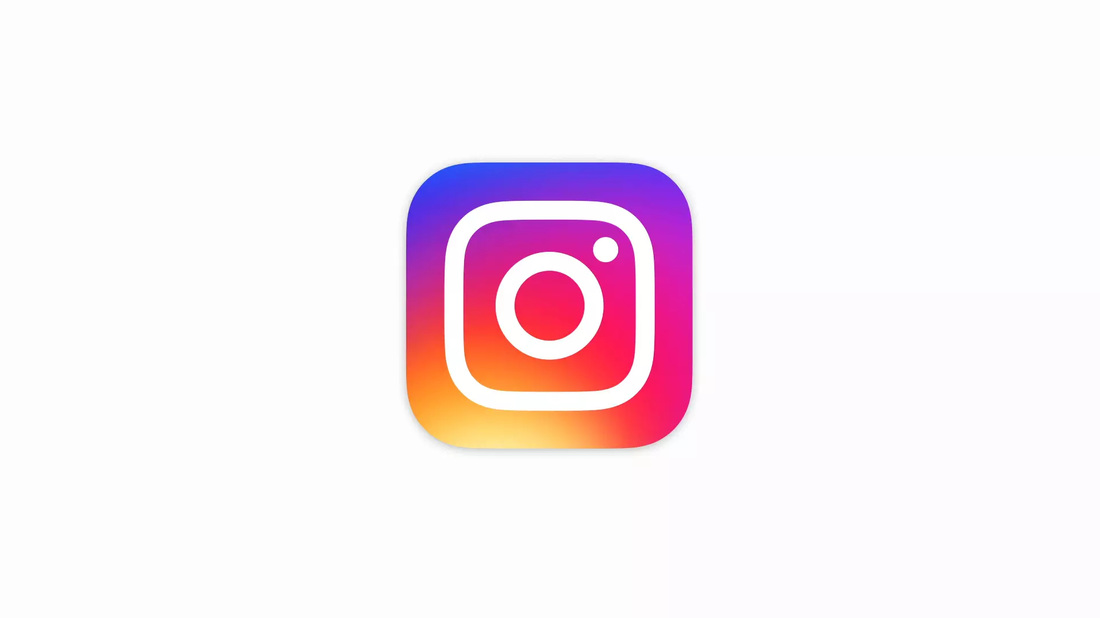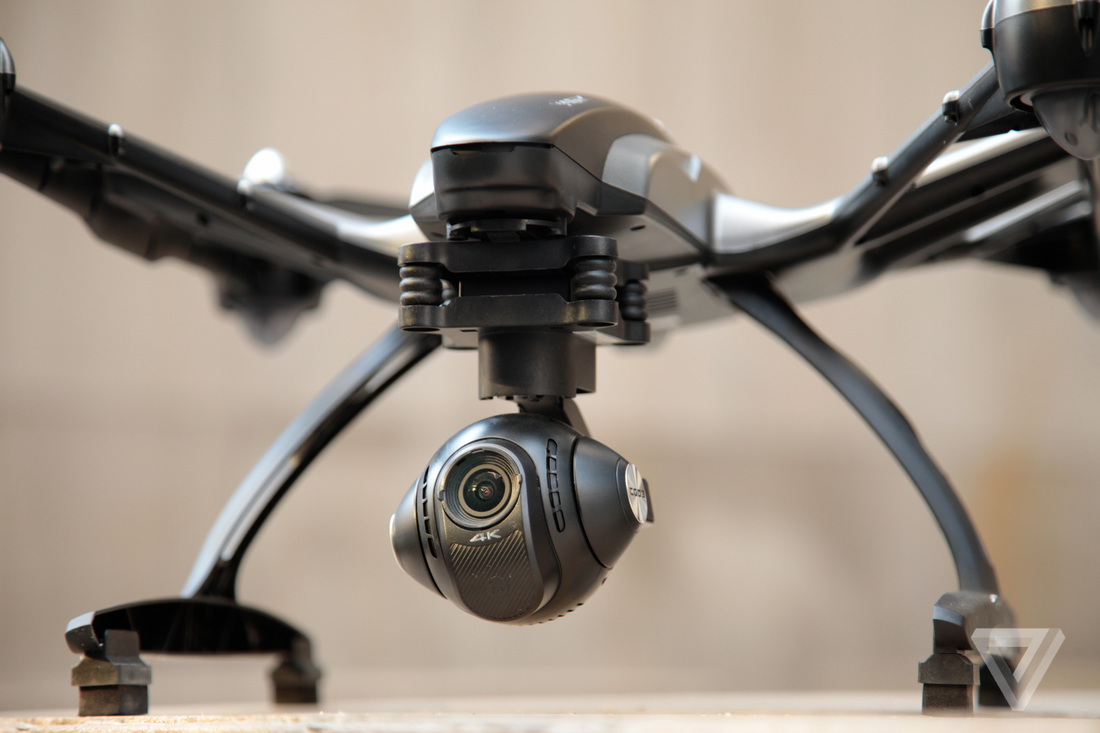Until recently, online video has belonged almost entirely to YouTube. More than 300 hours of video are uploaded to Google’s video platform every minute, generating billions of views daily. Those views have created a generation of YouTube stars and produced billions of dollars in advertising revenue, if not profits. For Facebook, video represents an irresistible new business opportunity. Early experiments with running natively inside the News Feed showed that it kept users on the site longer — and kept them from clicking external links that took them to YouTube and elsewhere.
But that's also where the trouble starts. As Green noted in a Medium post, Facebook promotes native video over external links by allowing it to play natively in the feed and run full screen. It’s little wonder that natively uploaded video generates more views, according to A/B tests conducted by Duke University. Opportunists have taken note of this, leading to the widespread practice of "freebooting" — uploading other people’s videos to Facebook without their permission and reaping all of the views.
Matt Pakes, a product manager at Facebook responsible for video products, responded to Green on Medium. "If you have stayed on a video for at least three seconds, it signals to us that you are not simply scrolling through feed and you’ve shown intent to watch that video," Pakes wrote. He went on to paste the company’s boilerplate response to the situation, which is the same response The Verge received when we asked Facebook for comment.
Green was unsatisfied with the official response: "If you took this seriously, you would not be bragging about growth based largely on theft, you would be being up front with press and investors that you have a really tough nut to crack here," Green wrote. He told The Verge in an email that he isn't siding with YouTube in its battle against Facebook — he only wants Facebook to take copyright more seriously. "The only reason I'm freaking out about this stuff is that Facebook is prioritizing growth (and the perception of growth) over acting decently," he wrote.
Facebook hasn’t made it easy for creators like Green to find instances of copyright infringement — there’s no way to filter Facebook searches for videos. And even if the stolen videos can be found, creators must fill out multiple forms, meaning it could be several days (and countless views) before a stolen video is taken down.
FACEBOOK IS LIKE A TODDLER STILL LEARNING TO WALK — IT’LL GRAB ON TO ANYTHING TO HELP IT STAND
Facebook as a go-to video platform is like a toddler still learning to walk — it’ll grab on to anything it can to help it stand. In that way, it’s a little like YouTube in the early days. But that’s where the comparisons end. When YouTube first received copyright complaints, it was a small startup with a staff of about a dozen people. Once it was bought by Google, YouTube introduced Content ID, a system that automatically checks each upload for possible copyright violations and prevents those that do from showing up on the site.
Facebook has well over a dozen employees, and can reasonably have been expected to develop a similar system before it made its big push into video. If there’s a way in which Facebook compares favorably to early YouTube, it’s that the stakes are arguably lower. People uploaded feature films and copyrighted music to YouTube, after all, posing simultaneous threats to Hollywood and the record industry. Freebooting, on the other hand, has mostly affected a small group of full-time YouTubers, and it’s unclear how much they have lost as a result of the practice. (Freebooters don’t make money off Facebook views yet, and not every YouTuber uploads their videos to Facebook.)
The reach, influence, and (eventually) revenue Facebook can offer content creators is staggering — which is what the company is counting on. Someday soon, freebooting will likely all but disappear, and even the angriest of content creators will start seeing dollar signs. Once Facebook’s video platform is complete, how many can afford to stay away?




